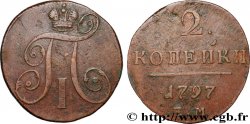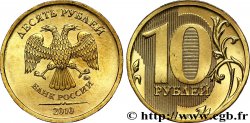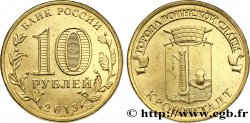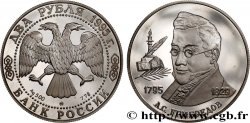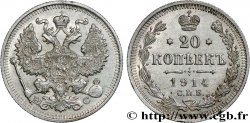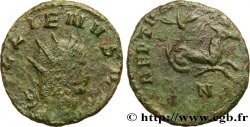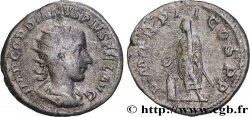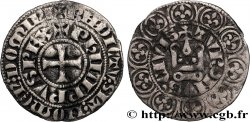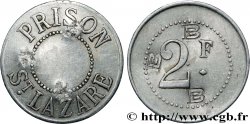недоступный.
Товар уже продан в нашем интернет-магазине (2021)
Цена: : 70.00 €
Товар уже продан в нашем интернет-магазине (2021)
Цена: : 70.00 €
Тип 2 Kopecks aigle bicéphale
Дата: 1811
Монетный двор / Город: Ekaterinbourg
Количество отчеканенных монет: 127003400
Металл: copper
Диаметр: 29,8 mm
Ориентация осей монеты: 12 h.
Вес: 12,91 g.
Век: lisse
Ссылки в каталоге: :
Лицевая сторона
Аверс: легенда: 1811.
Аверс: описание: Aigle bicéphale couronné.
Обратная сторона
Реверс: легенда: (LÉGENDE EN CYRILLIQUE) 2 / КОПѢЙ / КИ. / Е.М..
Реверс: Описание: couronne et rameaux.
Комментарий
Nicolas Ier (7/07/1796-2/03/1855), second fils de Paul Ier, est le frère d'Alexandre Ier et du grand-duc Constantin. À la mort de son frère Alexandre Ier, le 1er décembre 1825, et après le renoncement de son frère Constantin, il devient tsar de toutes les Russies et commence par réprimer le mouvement libéral des Décembristes puis le soulèvement de Pologne en 1831. Après avoir favorisé la libération de la Grèce, il se pose comme un défenseur des Slaves et s'oppose aux Turcs. Il trouve sur sa route les Anglais et les Français. Il meurt avant la défaite de la guerre de Crimée.
Nicholas I (7/07/1796-2/03/1855), second son of Paul I, is the brother of Alexander I and Grand Duke Constantin. On the death of his brother Alexander I, on December 1, 1825, and after the renunciation of his brother Constantine, he became Tsar of all the Russias and began by repressing the liberal movement of the Decembrists and then the uprising in Poland in 1831. After favoring the liberation of Greece, he poses as a defender of the Slavs and opposes the Turks. He finds on his way the English and the French. He died before the defeat of the Crimean War
Nicholas I (7/07/1796-2/03/1855), second son of Paul I, is the brother of Alexander I and Grand Duke Constantin. On the death of his brother Alexander I, on December 1, 1825, and after the renunciation of his brother Constantine, he became Tsar of all the Russias and began by repressing the liberal movement of the Decembrists and then the uprising in Poland in 1831. After favoring the liberation of Greece, he poses as a defender of the Slavs and opposes the Turks. He finds on his way the English and the French. He died before the defeat of the Crimean War








 Cообщить об ошибке
Cообщить об ошибке Распечатать страницу
Распечатать страницу Отправить мой выбор
Отправить мой выбор Задать вопрос
Задать вопрос Consign / sell
Consign / sell
 Информация
Информация